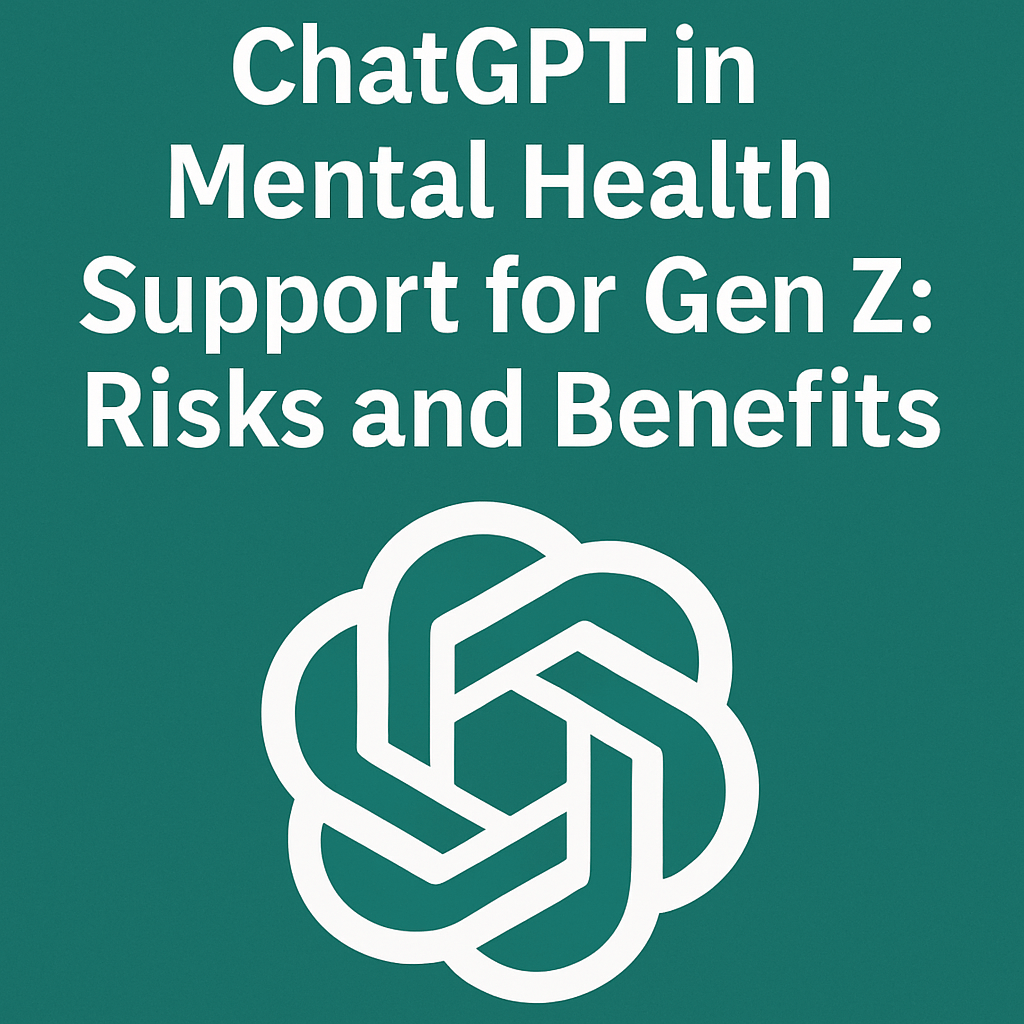ChatGPT in Mental Health Support for Gen Z: Risks and Benefits

As mental health awareness grows, Generation Z is increasingly utilizing artificial intelligence, specifically ChatGPT, for on-demand support. Anecdotal evidence from social media suggests that users report feeling more understood and supported by the AI than by traditional therapy. Yet, licensed mental health professionals caution against the potential dangers of relying on a chatbot for emotional support.
Engagement with AI as Therapy
The increasing reliance on AI tools for therapeutic support reflects a cultural shift, particularly among younger individuals who value accessibility and convenience. Users frequently describe their interactions with ChatGPT as superior to traditional therapy, citing its ability to provide thoughtful, empathetic responses quickly. In one popular Reddit post, a user described ChatGPT as having helped them more than “15 years of therapy,” emphasizing improved self-awareness and personal growth.
Cost-Effectiveness and Accessibility
- Cost Comparison: Traditional therapy sessions frequently range from $100 to $300, making routine mental health care economically unfeasible for many. In contrast, advanced access to ChatGPT costs approximately $200 per month, enabling users to engage with the model as often as needed.
- 24/7 Availability: The round-the-clock availability of AI applications like ChatGPT eliminates time constraints often associated with scheduling appointments with human therapists.
- No Bias or Projection: Users express comfort in discussing personal issues with a non-judgmental AI that does not project its problems or biases onto them.
Caveats and Concerns from Professionals
While the benefits of AI therapy are enticing, mental health professionals emphasize potential pitfalls that users may overlook.
Overreliance on AI for Emotional Support
Alyssa Peterson, a licensed clinical social worker and CEO of MyWellBeing, points out that while utilizing AI could serve as a supplementary tool for emotional coping, overdependence could stifle personal growth. “It’s vital for users to have avenues for developing their coping strategies independently, especially during acute stress,” Peterson warned. Using AI therapy as a primary resource may inadvertently complicate the development of essential problem-solving skills.
Potential for Misinformation
Notably, AI systems are trained on vast datasets that can sometimes include inaccurate or misleading information. In some scenarios, ChatGPT has been known to generate responses that could perpetuate harmful stereotypes or provide inaccurate advice. Malka Shaw, another licensed clinical social worker, highlights the risks associated with users potentially forming emotional attachments to an AI without understanding its limitations. “Impressionable users, especially minors, may misinterpret the chatbot’s capabilities, thinking it can replace human empathy or nuanced guidance,” she said.
The Element of Diagnosis
Professionals also express concerns regarding the potential for ChatGPT to provide inadequate or incorrect diagnoses. Diagnosing mental health conditions is an intricate process requiring a level of human intuition and pattern recognition that AI has yet to master. “The art of diagnosis involves complex interpersonal dynamics and an understanding of individual patient histories—areas where AI falls short,” Shaw noted.
Case Studies and Legal Implications
Recent legal cases surrounding AI chatbot interactions raise significant ethical questions. Most notably, the mother of a teenager filed a lawsuit against Character.ai after her child’s interaction with an AI chatbot reportedly contributed to their suicide. This incident starkly illustrates the potential consequences of misusing AI for mental health support without adequate safeguards. In such instances, AI platforms have been accused of failing to provide adequate disclaimers regarding their limitations, particularly when engaging with vulnerable populations.
Regulatory Landscape and Future Directions
The American Psychological Association (APA) has actively raised concerns with regulatory bodies, such as the Federal Trade Commission (FTC), about the rise of companionship chatbots misrepresenting their capabilities. On the cusp of reform, there is a call for developing responsible AI practices that prioritize user safety.
Conclusion: A Dual Approach to Mental Health Support
The increasing acceptance of AI in mental health contexts presents both opportunities and challenges. Experts agree that while AI tools like ChatGPT can provide valuable assistance, they should not replace traditional, human-centered therapy. The future of mental healthcare may involve an integrated model where AI works in concert with trained professionals—a mid-ground that could provide accessible and effective support for users who face barriers in traditional therapy.
“Emerging technologies, if developed responsibly, can help fill gaps in mental health services, especially for those who cannot afford treatment,” notes Vaile Wright from the American Psychological Association.